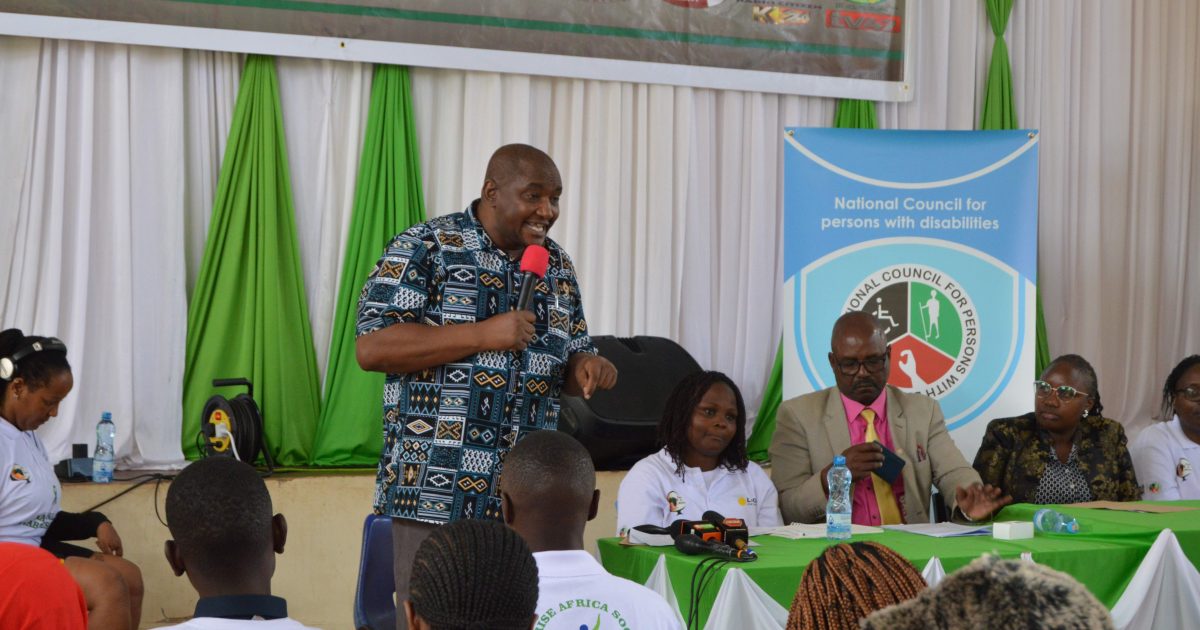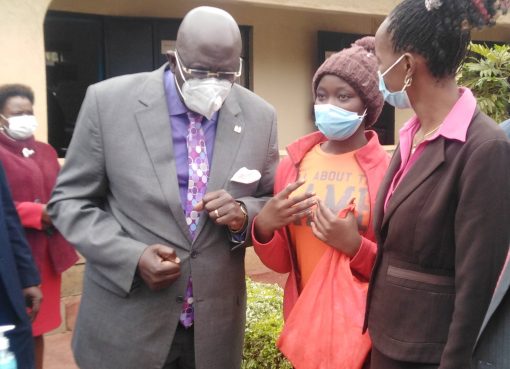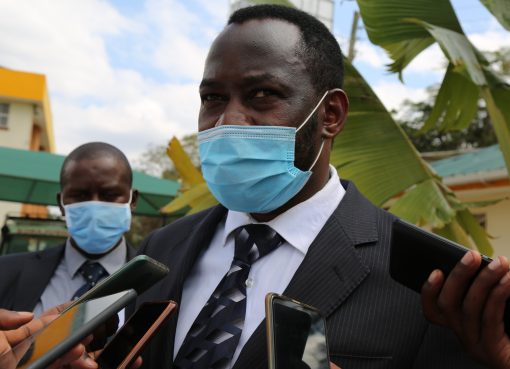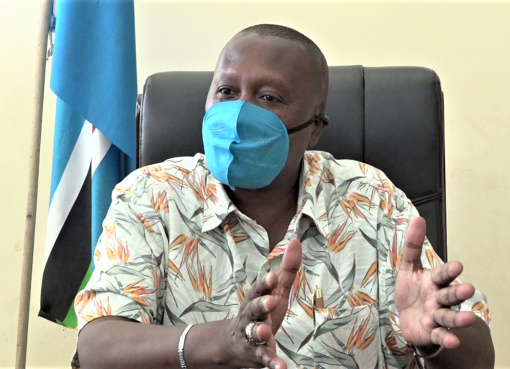The director, Sight of Relief Organization, Ben Isaboke, hosted a special event in honour of International Cerebral Palsy Day, bringing together advocates, government officials and community members to raise awareness about the condition and push for greater inclusivity.
Isaboke emphasized the need for better support systems for individuals with cerebral palsy and other disabilities.
He also took a moment to recognize police officers who have acquired disabilities in the line of duty, advocating for their inclusion in national conversations about accessibility and rights.
“We must celebrate and support our brothers and sisters who have acquired disabilities in the line of duty. Their sacrifices should not go unnoticed,” he stressed, advocating for better healthcare and opportunities.
One of the key issues addressed at the event was the role of healthcare in preventing cerebral palsy, where Isaboke called on the government to ensure that hospitals and delivery centers are well-equipped to minimize birth-related complications that contribute to the condition.
“We urge the government to make sure our delivery facilities are properly equipped so we can reduce the number of children born with cerebral palsy,” he reiterated.
The director also emphasized that cerebral palsy is not a disease but a condition, urging the public to shift from sympathy to action by creating opportunities for individuals with disabilities.
Throughout the event, speakers echoed his sentiments by highlighting the misconceptions and stigma that individuals with cerebral palsy face, with the gathering providing a platform for people with disabilities to share their experiences, talents, and contributions to society.
“This is not just a day of awareness but a call to action. We must work together to ensure that people with cerebral palsy are seen, heard, and given the opportunities they deserve,” he concluded.
Meanwhile, the celebration of International Cerebral Palsy Day served as a powerful reminder of the need for disability inclusion, better medical facilities, and societal acceptance, reinforcing Kenya’s ongoing mission to create a more inclusive world.
Speaking at the event, Stanley Harry, a representative from the National Council Children Society, stressed that disability should not be viewed as a condition but as a form of human diversity.
He criticized deep-rooted cultural beliefs that marginalize children with disabilities and called for a shift in attitudes.
“For centuries, society has questioned the existence and rights of persons with disabilities. Even today, many still ask, ‘Who is to blame?’ This mindset must change,” he implored.
The government has pledged key commitments to improve the lives of persons with disabilities, particularly children, by ending stigma and discrimination and putting legal frameworks in place to protect children with disabilities; hence, parents hiding their children risk facing legal consequences.
By Emmanuel Mbuthia and Winnie Saha





